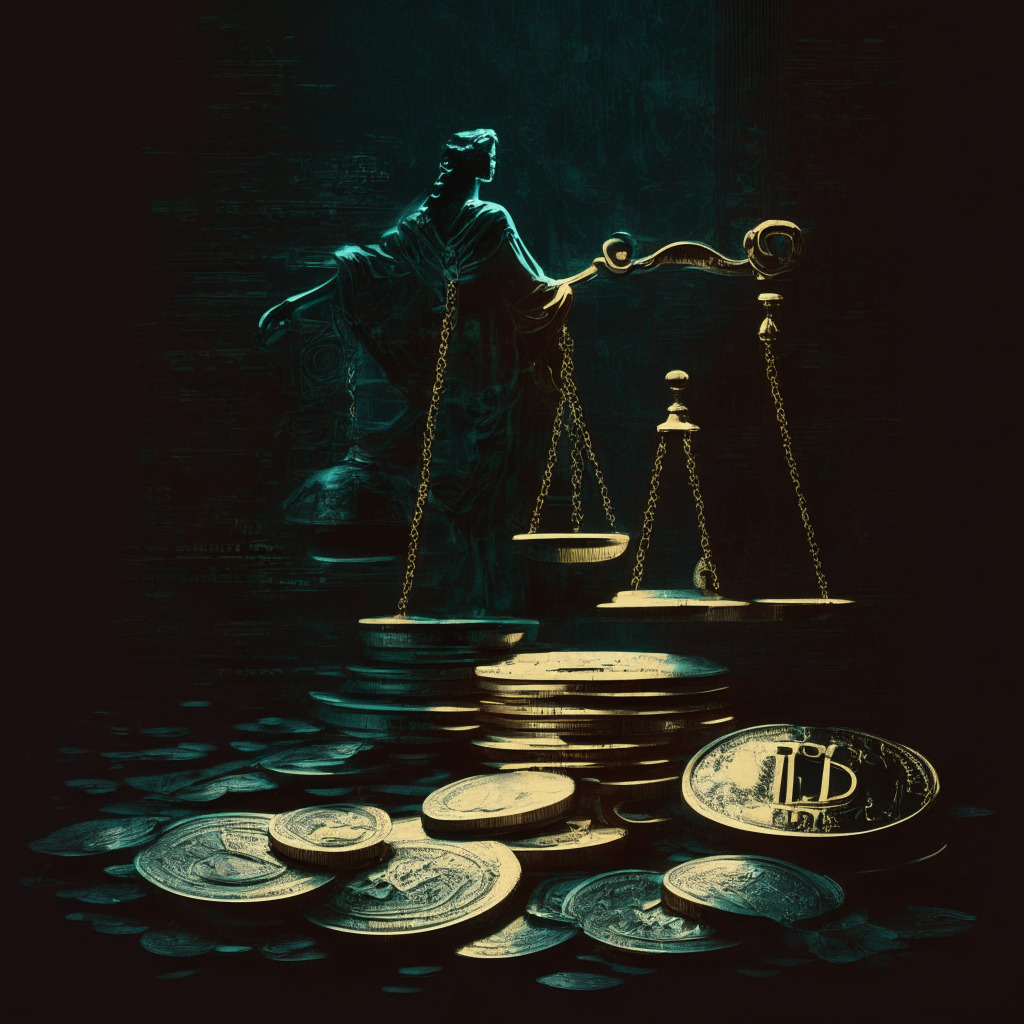In an attempt to provide regulatory clarity for crypto firms in the United States, lawmakers with the United States House Financial Services Committee and House Agriculture Committee have released a draft discussion proposing a pathway for certain crypto assets to be labeled as digital commodities. The draft bill aims to establish a functional framework that would prohibit the U.S. Securities and Exchange Commission (SEC) from denying digital asset trading platforms to register as a regulated Alternative Trading System. This would allow them to offer digital commodities and payment stablecoins.
While this legislation brings a glimmer of hope for crypto enthusiasts seeking a more defined regulatory landscape, it also raises concerns over certain digital assets’ classification. The bill suggests that crypto tokens can qualify as digital commodities if they are considered decentralized and functional. However, the SEC would be required to provide a detailed analysis of any objections to a firm’s classification as decentralized.
Additionally, the proposed legislation would demand the SEC modify its rules to allow broker-dealers to custody digital assets if they meet specific requirements. It would also require the SEC to write rules to modernize certain regulations for digital assets. This raises questions about the future of decentralized finance and the possible limitations that may arise due to increased regulatory measures.
One significant aspect to consider is the absence of input from lawmakers on both sides of the political aisle. Although Democrats and Republicans have occasionally demonstrated bipartisanship when it comes to crypto regulation, the uncertain fate of this proposed legislation highlights the ongoing struggle for consensus on cryptocurrency oversight.
In conclusion, although the draft bill proposes a pathway for crypto assets to be labeled as digital commodities, it also highlights the complexities and differing opinions surrounding regulations in the crypto space. As the rapidly evolving industry continues to grow, the challenge for lawmakers and industry actors alike will be to find a balance between innovation and regulatory compliance.
Source: Cointelegraph




